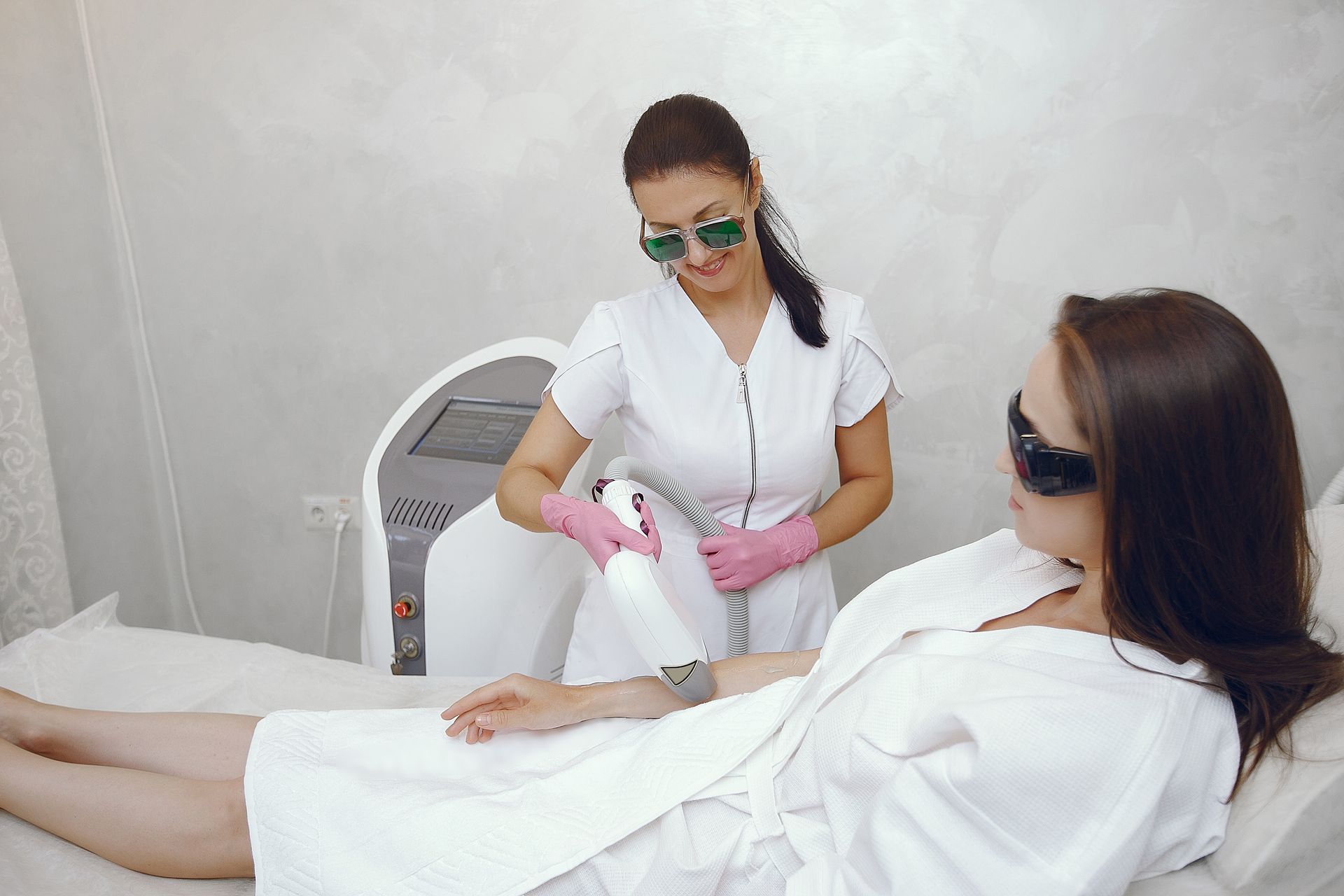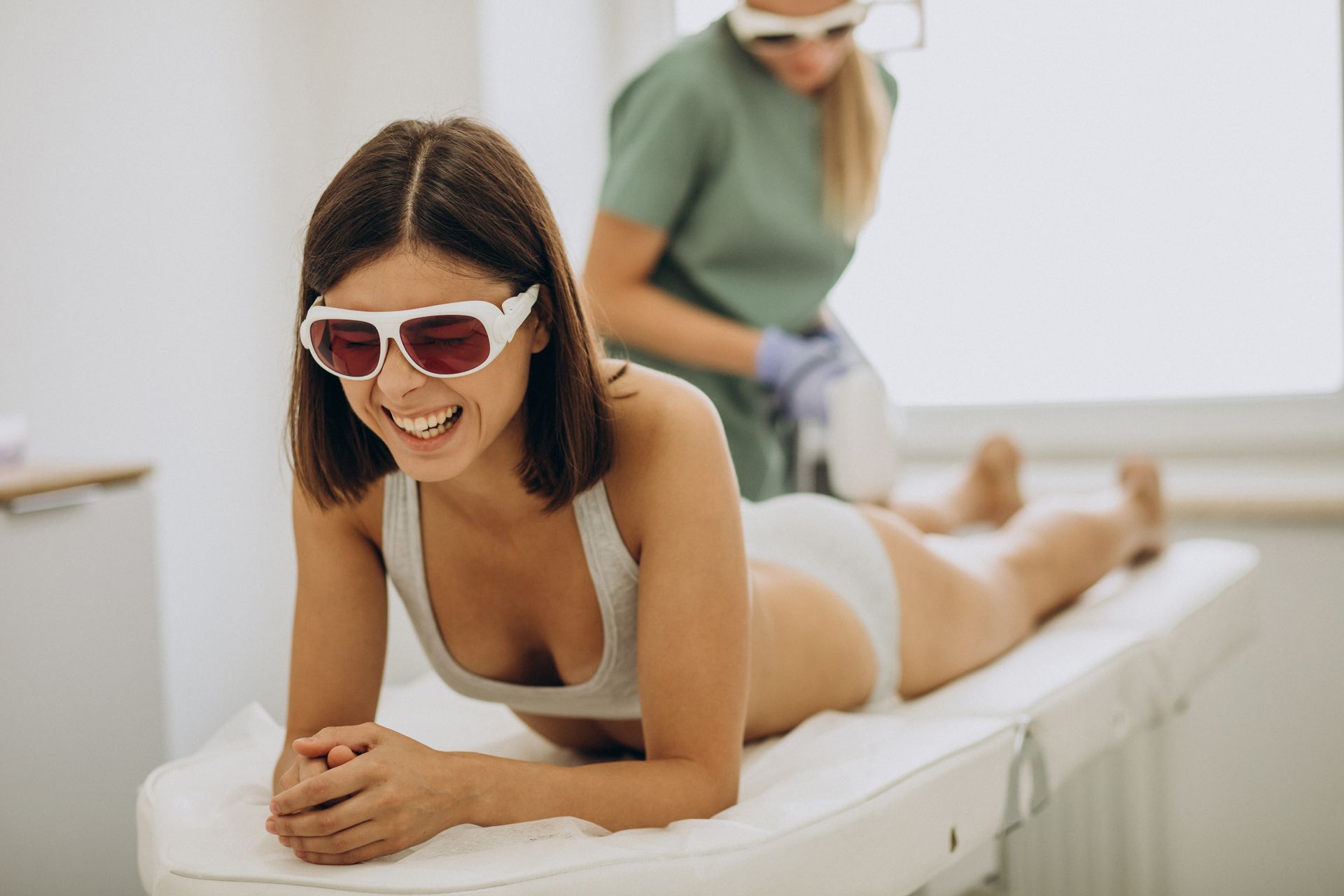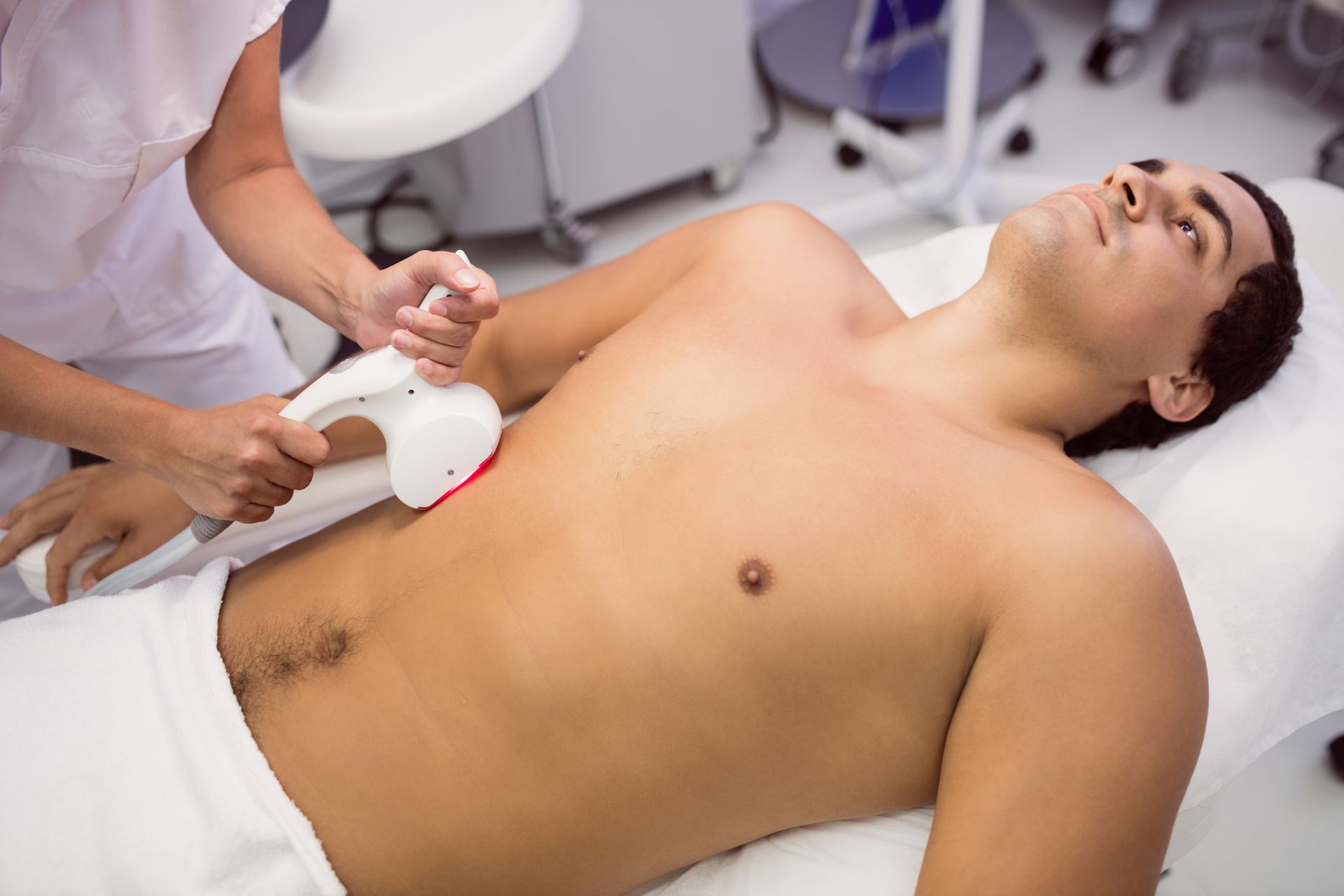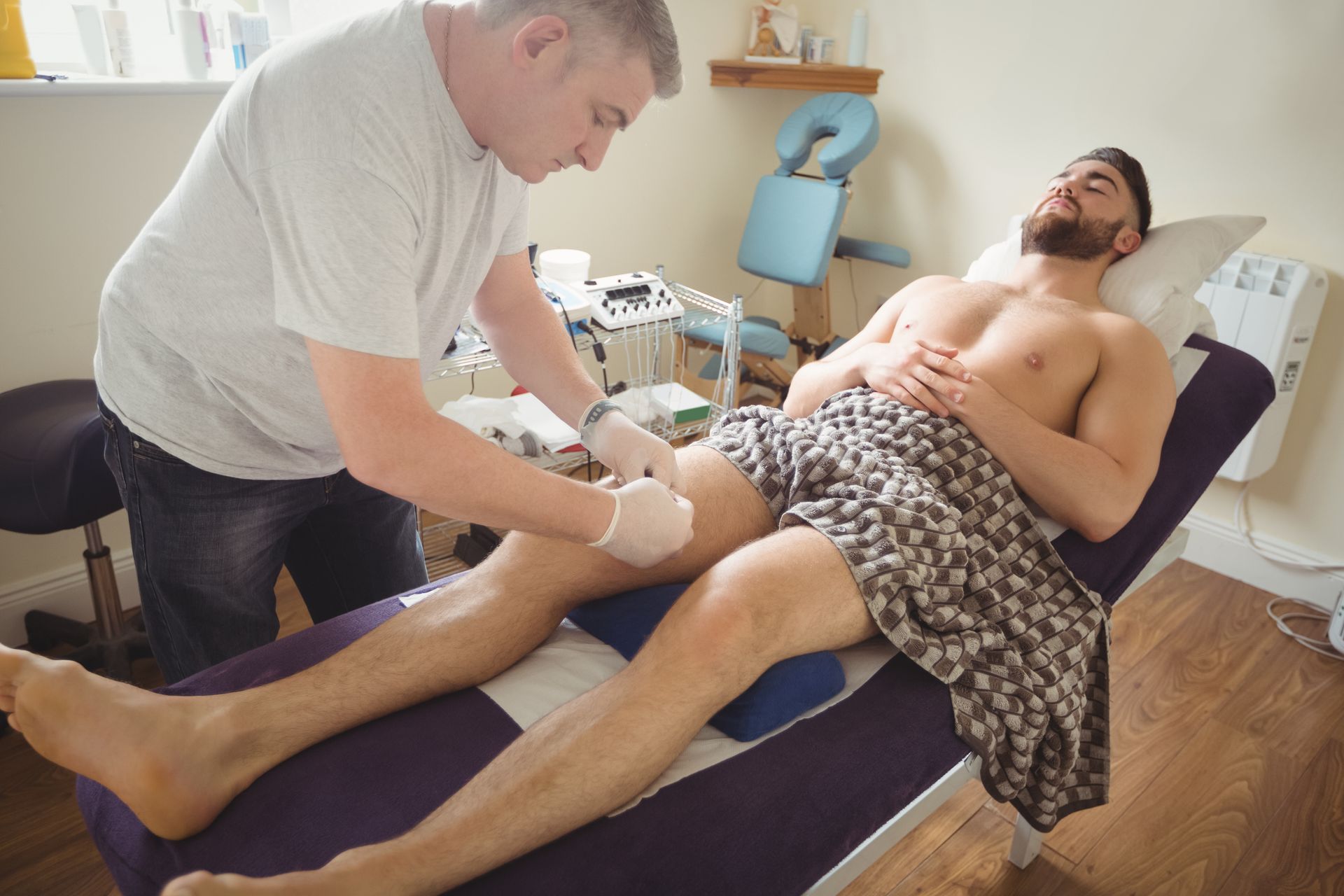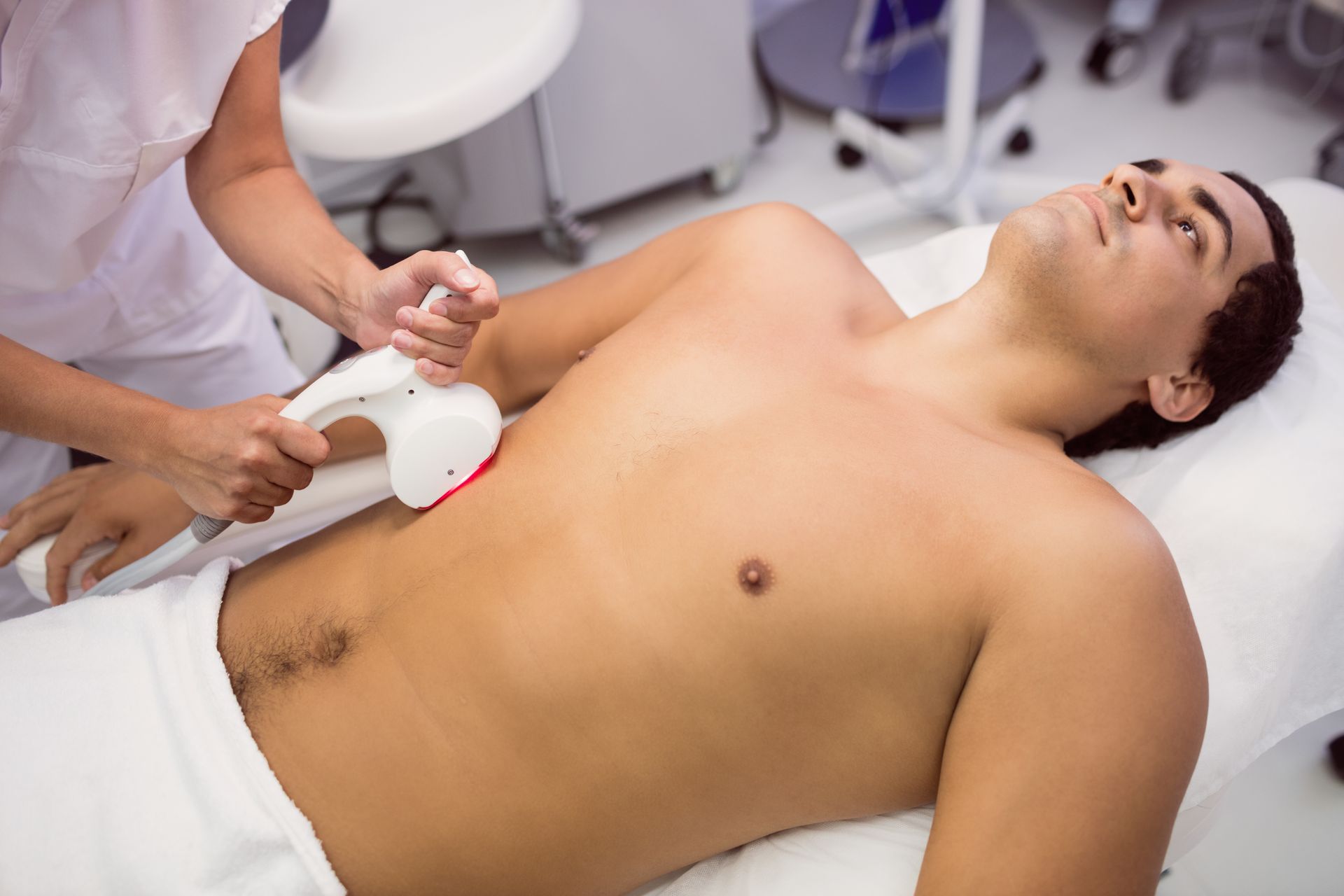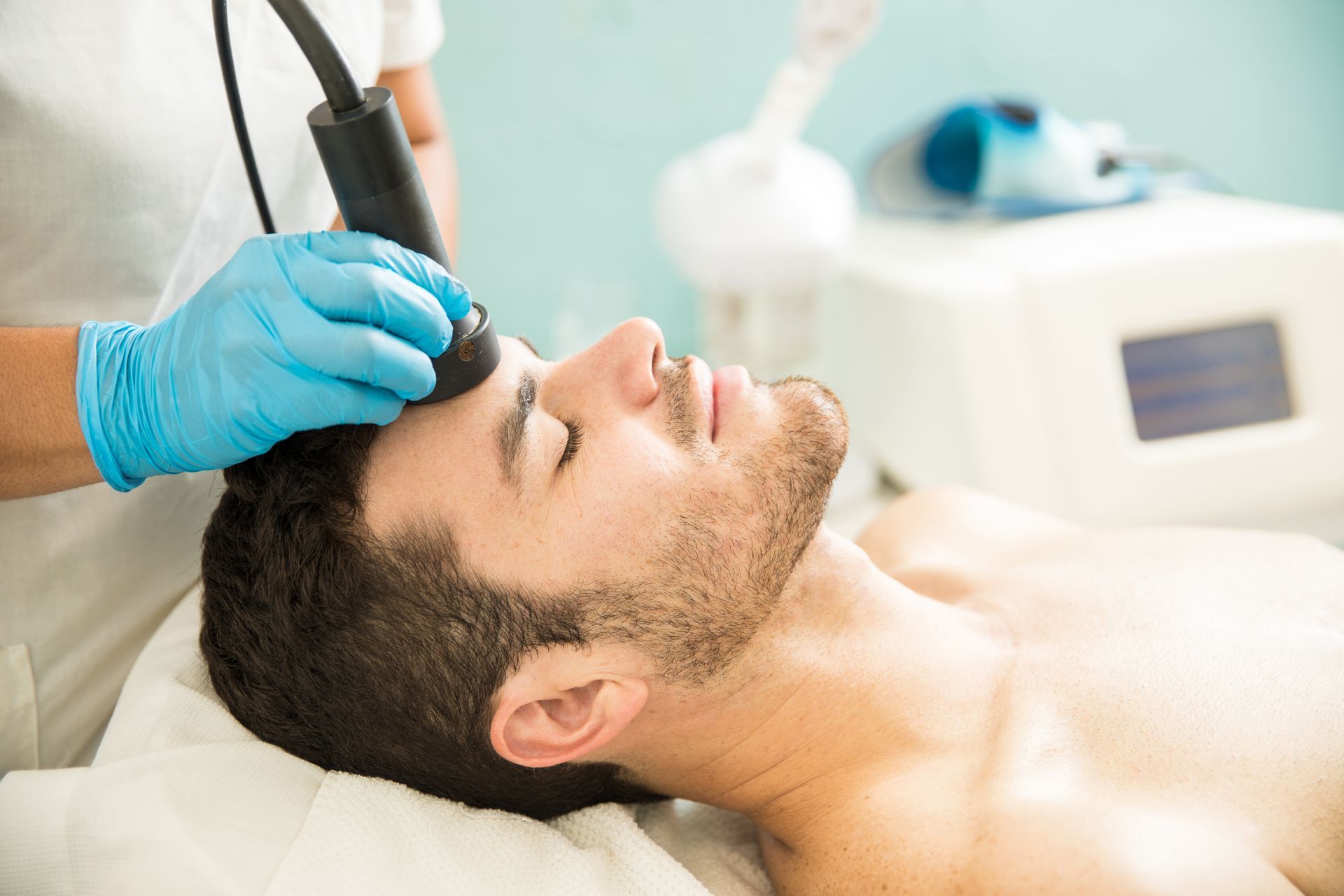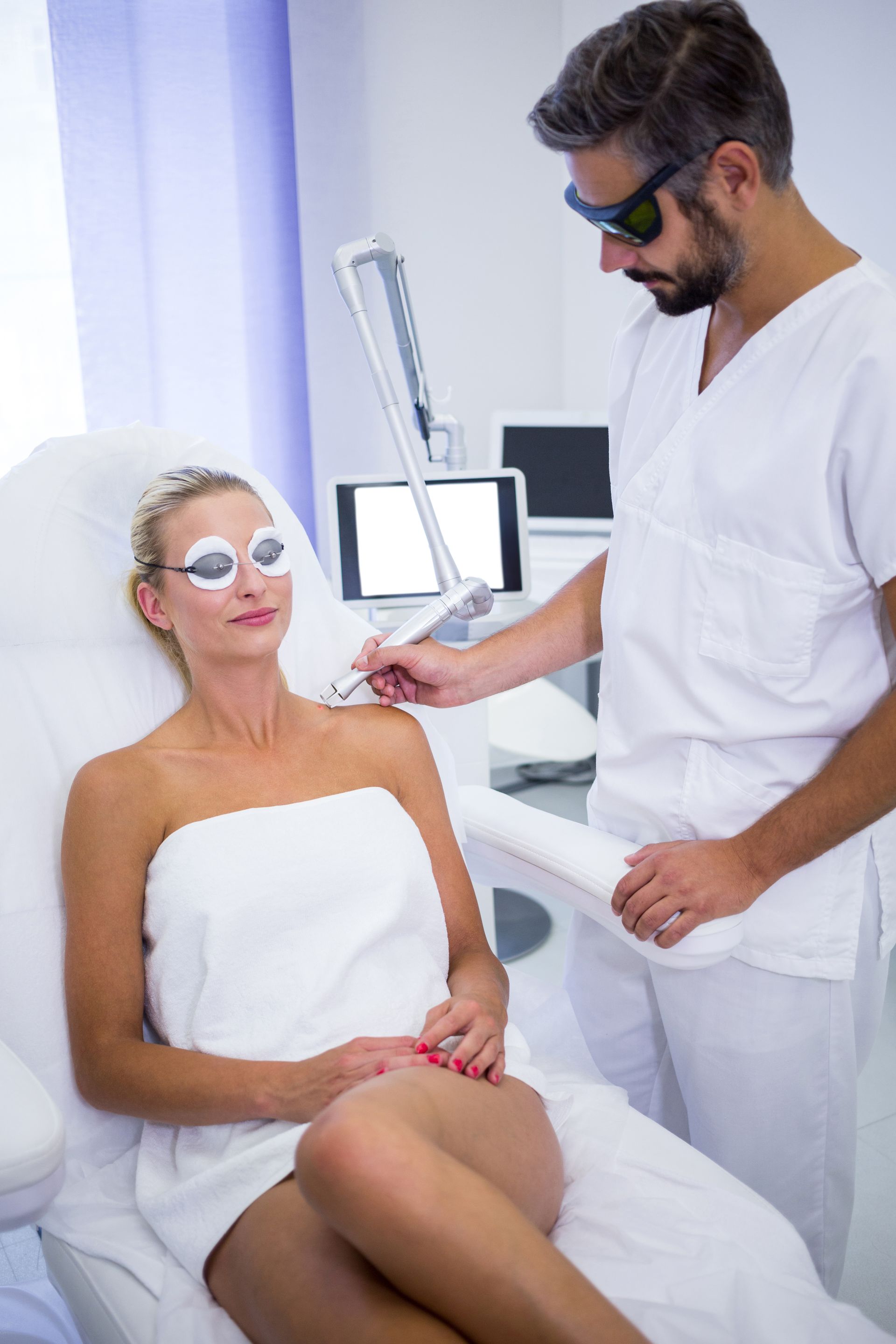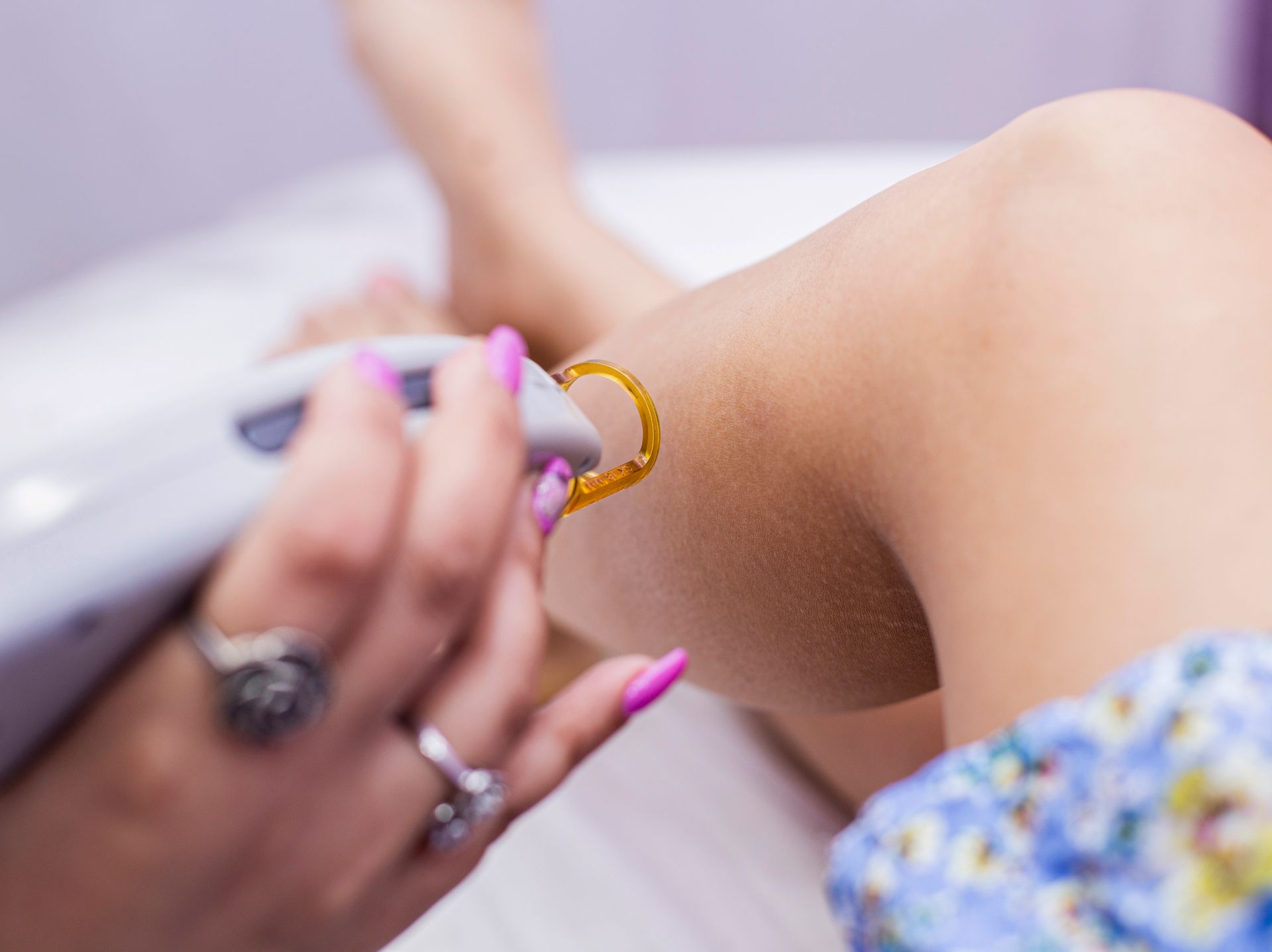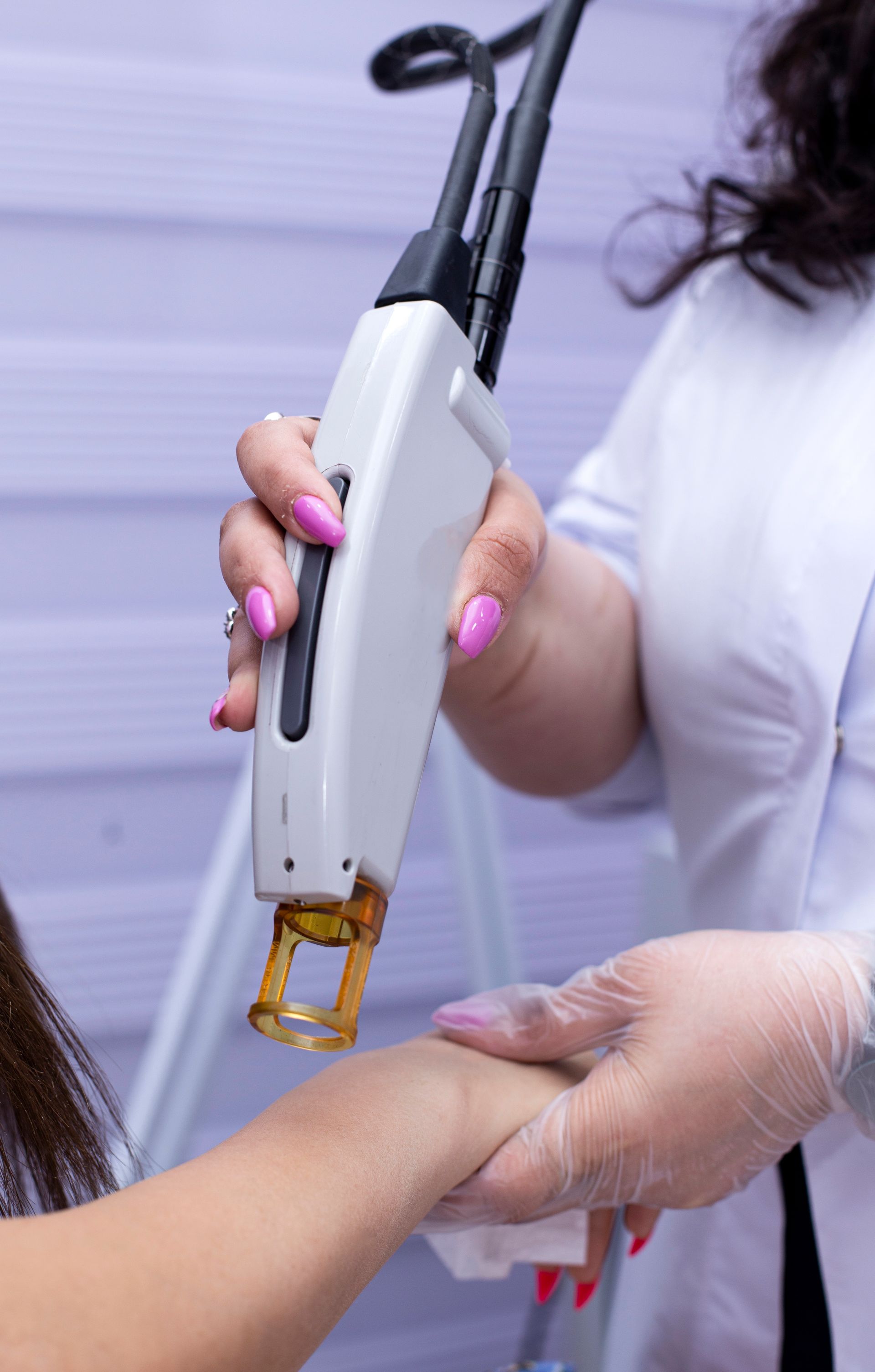Can Laser Hair Removal on the Face Clear Acne?
Laser hair removal is well-known for zapping away unwanted facial hair—but can it also help clear up acne? If you’re someone who’s struggled with persistent breakouts, especially around your jawline, cheeks, or upper lip, you’ve likely wondered whether there’s more to laser treatments than just smoother skin.
In this blog, we’ll break down the connection between laser hair removal and acne. You’ll learn how laser hair removal can reduce acne, when it doesn’t help, potential risks, expert advice and the science behind it all.
First: Understanding What Causes Facial Acne
Before diving into lasers, let’s revisit what’s actually behind those stubborn breakouts.
Acne typically develops when hair follicles become clogged with:
- Excess oil (sebum)
- Dead skin cells
- Bacteria (like P. acnes)
This can lead to different types of blemishes—whiteheads, blackheads, cysts, and painful pimples. Hormones, genetics, skincare products, diet, and hygiene can all play a role. But for many people, a surprising trigger is facial hair and the irritation caused by removing it.
Can Laser Hair Removal Help with Acne?
Yes—and no.
Laser hair removal doesn’t directly treat acne the way medication or chemical peels do. However, it can reduce the root causes of certain types of acne, especially acne triggered by hair removal methods or inflamed hair follicles.
Here’s how:
1. Fewer Ingrown Hairs = Fewer Breakouts
One of the biggest acne culprits, especially along the beard line or jawline, is ingrown hairs. These happen when shaved or waxed hairs grow back into the skin, causing inflammation and pus-filled pimples that look a lot like acne.
Laser hair removal targets and destroys the follicle itself, which prevents the hair from growing back in the first place—dramatically reducing the chances of ingrown hairs and related breakouts.
This benefit is especially noticeable in people who shave daily or have curly, coarse hair that’s prone to growing back improperly.
2. Less Irritation from Shaving or Waxing
Shaving, tweezing, or waxing the face regularly can wreak havoc on sensitive skin. These methods not only irritate the skin’s surface but also introduce bacteria into the pores, which can trigger acne.
Once laser hair removal reduces your need to shave or wax, your skin gets a break. That means less friction, fewer micro-cuts, and lower chances of irritation-related breakouts.
3. Cleaner Pores and Less Oil Buildup
Some types of lasers used in hair removal—like diode lasers—not only target hair but can also heat the sebaceous (oil) glands slightly, which may help reduce oil production in that area. Less oil = fewer clogged pores = reduced acne.
While this isn’t the laser’s primary purpose, it’s a bonus effect that may help people with oily skin and mild to moderate acne. Clinics like Huggie Beauty carefully assess your skin type and can explain whether this is likely to benefit you.
When Laser Hair Removal Doesn’t Help Acne
That said, laser hair removal isn’t a magic cure for all acne types.
If your acne is hormonal, cystic, or caused by internal factors (like stress, diet, or PCOS), lasers won’t make much of a difference. In fact, the initial few sessions may temporarily irritate your skin or cause mild breakouts before things improve—this is completely normal and usually goes away quickly.
People with active acne lesions also need to proceed with caution. The laser can aggravate existing inflammation if not done properly. That’s why it’s critical to work with professionals—Huggie Beauty customizes treatment based on your skin condition and may delay sessions until your skin calms down.
Are There Any Risks?
Laser hair removal is generally safe for acne-prone skin when done correctly. But like any cosmetic treatment, it does come with a few possible side effects:
Temporary redness and swelling
Skin sensitivity for a day or two
Pigment changes (especially in deeper skin tones if the wrong type of laser is used)
Initial purging (a short-term increase in breakouts as follicles clear out)
How expensive is laser hair removal for face?
To reduce risks:
Avoid sun exposure before and after treatment
Skip harsh exfoliants and acne creams for a few days
Follow aftercare instructions from your clinic
At Huggie Beauty, your technician will provide detailed pre- and post-treatment guidance to ensure your skin stays calm and clear throughout the process.
Is It Right for You?
If your acne is worsened by shaving, waxing, or ingrown hairs, laser hair removal can absolutely help clear your skin over time. But it’s not a substitute for a good skincare routine or professional acne treatment if your breakouts are deeper or hormonal.
Here’s a good way to think about it:
Laser hair removal helps reduce “trigger acne,” not “root acne.”
Still not sure? Schedule a consultation with experts like those at Huggie Beauty. They’ll assess your skin, identify the type of acne you’re dealing with, and help you decide if laser is part of your solution.
Does laser hair removal on face cause more hair?
Laser Hair Removal May Not Be Acne Treatment—But It Can Be Acne Relief
While it won’t replace your dermatologist’s prescription, laser hair removal can indirectly clear up acne caused by shaving, hair removal, clogged follicles, and skin irritation. For many people, the improvement is significant—and the bonus of smoother skin doesn’t hurt either.
At Huggie Beauty, you’ll find personalized care that respects your skin’s sensitivity, your goals, and your comfort. Whether you’re looking to reduce facial hair, improve your skin’s appearance, or finally say goodbye to ingrown breakouts, laser hair removal could be the boost your skin needs.
BOOK YOUR FREE SESSION
